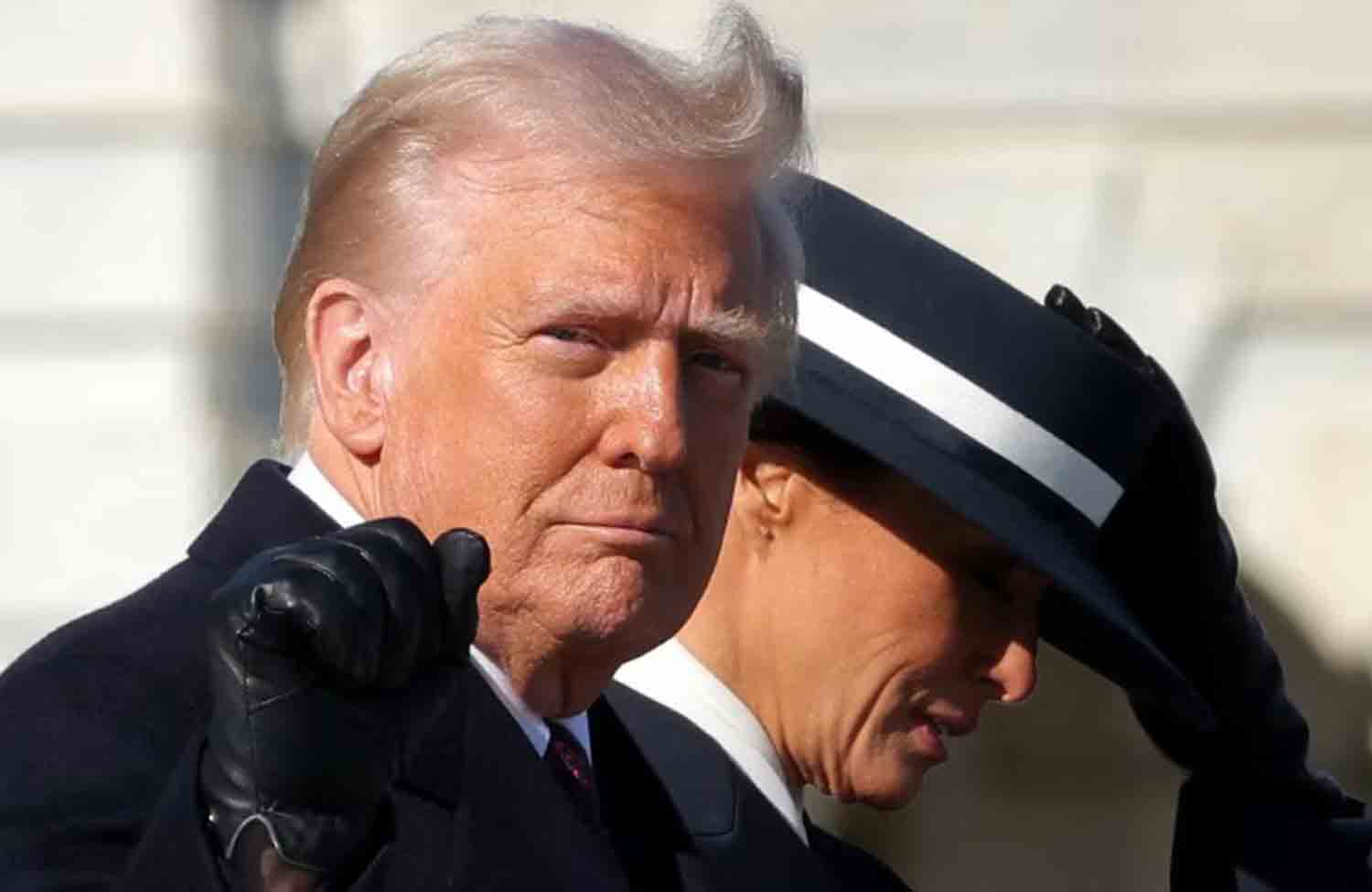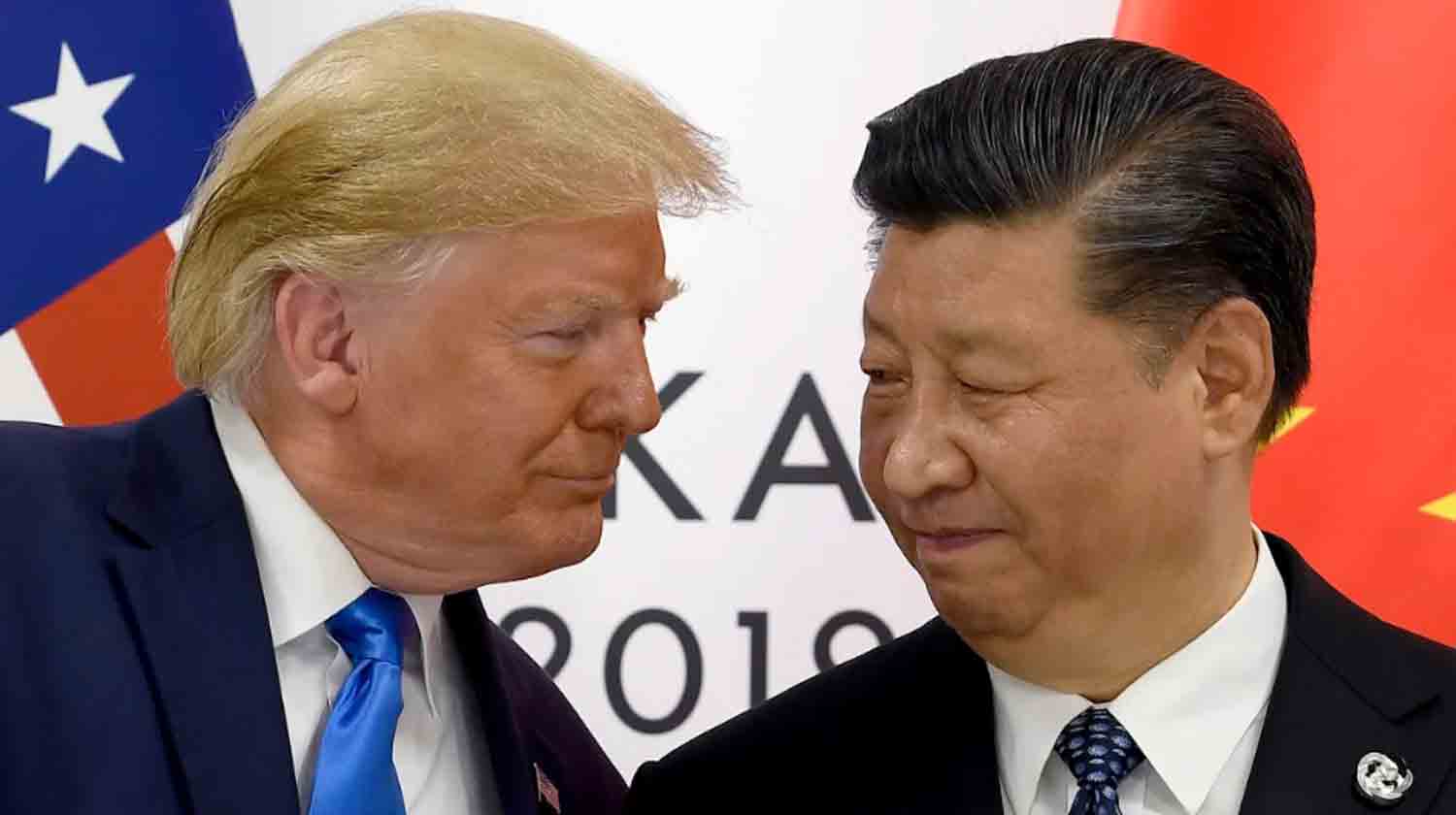Israeli Prime Minister Benjamin Netanyahu sought the straightforward political gains that were once abundant during his interactions with US President Donald Trump, but he left the Oval Office without any such victories.
The purpose of their meeting was to discuss the new 17% tariff that the White House had recently imposed on Israeli exports. In an attempt to avert these tariffs, Israel had eliminated its own tariffs on American goods just a day prior, despite the fact that these tariffs applied to only a limited number of products.
While sitting beside Trump in the White House, Netanyahu expressed Israel’s commitment to swiftly removing trade barriers and addressing trade deficits. He lauded Trump, stating, “We are going to eliminate the tariffs and do so quickly.”
However, Trump remained unmoved. He noted that Israel receives $4 billion annually from the United States, remarking, “Congratulations, by the way. That’s pretty good,” but he did not agree to alter his tariff strategy.
When asked about the possibility of reducing the tariffs, he replied, “Maybe not, maybe not.”
For years, Netanyahu had grown accustomed to receiving political favors from Trump, particularly during the first Trump administration. From relocating the US embassy to Jerusalem and recognizing the Golan Heights as Israeli territory to normalizing relations with two Arab Gulf nations, Netanyahu consistently celebrated these actions and the president behind them.
Netanyahu was quick to emphasize that he was not only the first foreign leader to visit Trump during his second term but also the first to engage in tariff negotiations with him. However, this meeting did not yield any tangible outcomes or commitments from the US that Netanyahu could claim as achievements.
The most significant setback for Netanyahu revolved around one of his key concerns: Iran. In the days leading up to the highly anticipated meeting, Israeli media buzzed with speculation that the two leaders would discuss potential military action against Iran. The leading headline in Israel’s major newspaper, Yedioth Ahronoth, proclaimed “IRAN FIRST,” suggesting that the Islamic Republic would need to endure a “heavy blow” before any negotiations could take place. The deployment of at least six US B-2 stealth bombers in the Indian Ocean, along with a second aircraft carrier in the Middle East, further fueled speculation in Israel that a military strike was not only possible but increasingly likely.
In the end, the most significant news centered on Iran, but it was likely not what Netanyahu had anticipated.
Trump revealed that the US and Iran were on the verge of initiating discussions regarding a new nuclear agreement. While Netanyahu was aware that Trump was seeking dialogue with Iran, the unexpected announcement of the imminent talks—scheduled to commence on Saturday—seemed to catch the prime minister off guard. The smile quickly faded from his face as he turned to his team of advisers.
The announcement was “certainly not” favorable for Israel. It remains unclear whether Netanyahu was informed in advance about the US-Iran discussions or if he had been consulted beforehand.
Before returning to Israel, Netanyahu articulated his stance.
“We are united in our belief that Iran must not possess nuclear weapons. This can be achieved through an agreement, but it must resemble the Libyan model,” he stated, referencing the 2003 accord in which Libya voluntarily dismantled its developing nuclear program. However, Netanyahu warned that if Iran prolongs the negotiations, he had discussed the military option “in detail” with Trump.
In Israel, the repercussions were already evident.
“If Trump initiated the negotiations without our awareness, it indicates he will prioritize American interests alone,” remarked Ronni Shaked, a researcher at the Truman Institute at Hebrew University. Had Israel been informed beforehand, Netanyahu could have offered “some insights, new information, or intelligence,” Shaked noted. “But now, there’s nothing, absolutely nothing.”
Trump’s enthusiastic commendation of Turkish President Recep Tayyip Erdogan—one of Israel’s most vocal adversaries since the onset of the Gaza conflict—was another unexpected moment during the press conference.
Last year, Erdogan implored God to “punish” Netanyahu and declared at a campaign rally, “We will send the person called Netanyahu to Allah.” For months, Erdogan has consistently voiced anti-Israel sentiments, particularly targeting Netanyahu.
While sitting beside Netanyahu, Trump praised Erdogan. “I have a great relationship with a man named Erdogan,” Trump remarked. “He’s a tough guy. He’s very intelligent.” Trump expressed confidence in his ability to resolve any disputes between Turkey and Israel.
“This was particularly humiliating for Netanyahu, especially since just last week, Erdogan stated that he believes Israel should be destroyed or eliminated,” commented Alon Liel, Israel’s former ambassador to Turkey. “Although it was a minor part of the press conference, it carried significant weight.”
During a speech for the Muslim holiday of Eid al-Fitr on March 31, Erdogan called on God to “condemn Israel to misery.”
Trump provided Netanyahu with some political support domestically. The two leaders announced they are collaborating on a new agreement to secure the release of Israeli hostages from Gaza. Trump noted that Netanyahu is actively pursuing this issue, despite ongoing criticism directed at the Israeli leader for not doing enough to facilitate the hostages’ return.
Trump expressed his hope for an end to the conflict, stating, “I believe the war will conclude at some point, and that won’t be too far off.” However, for Netanyahu, a ceasefire could be detrimental, as his administration depends on the backing of far-right factions that strongly oppose halting the conflict.
Commenting on Netanyahu, Shaked remarked, “Bibi is returning home with nothing—no progress on Iran, no resolution in Gaza, and no movement on the kidnapped individuals. Absolutely nothing.”
Discover more from Defence Talks | Defense News Hub, Military Updates, Security Insights
Subscribe to get the latest posts sent to your email.





